Epidemiologist I, Maryland DPH
Category : Alumni
Description
This position will serve as an Epidemiologist in the Center for Environmental, Occupational and Injury Epidemiology, within the Maryland Department of Health (MDH)’s Prevention and Health Promotion Administration (PHPA)’s Environmental Health Bureau (EHB). This position will provide epidemiological analysis and assistance for topics, which may include asthma, lead poisoning, falls, self-harm, water quality, occupational injuries, and more. Specifically, this position will prepare, analyze and interpret exposure and health data for the EHB, as well as for specific grants, including the Environmental Public Health Tracking (EPHT) program, the State Violence and Injury Prevention Program (SVIPP), and the Climate and Health Program.
Additionally, this position will assist the Bureau with response to emerging needs, including, but not limited to, COVID-19 response. This position will be responsible for the application of epidemiology knowledge, skills and abilities in the implementation of Bureau services, programs, policies, and grants by conducting data analyses, interpreting data, and summarizing and disseminating results of epidemiologic studies for public health action.
Furthermore, this position will use SAS statistical analysis software to perform data analysis. Lastly, this position will map geospatial data, in the course of normal duties.
Minimum Qualifications
- Education: A Master’s degree in the field of Public Health from an accredited college or university, with a minimum of three graduate courses in Epidemiology and one graduate course in Biostatistics.
- Experience: None.
Desired Qualifications
- The desired candidate should have experience in environmental or occupational epidemiology, as well as experience analyzing health data.
Apply
- Click here to learn more about the position and apply online!


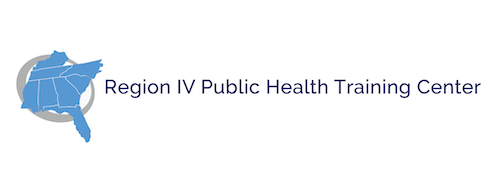
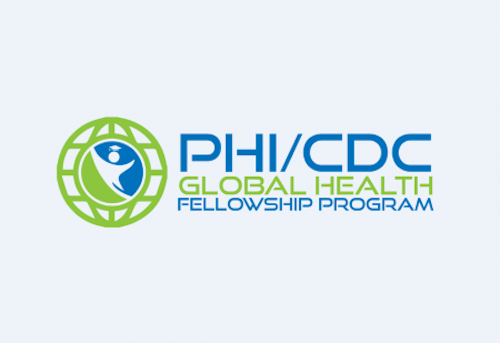

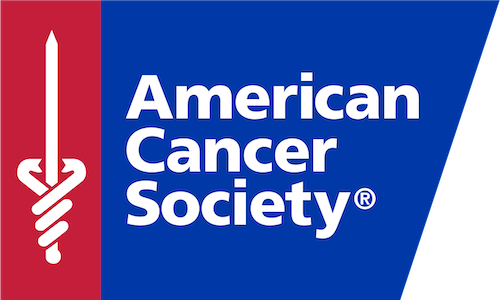
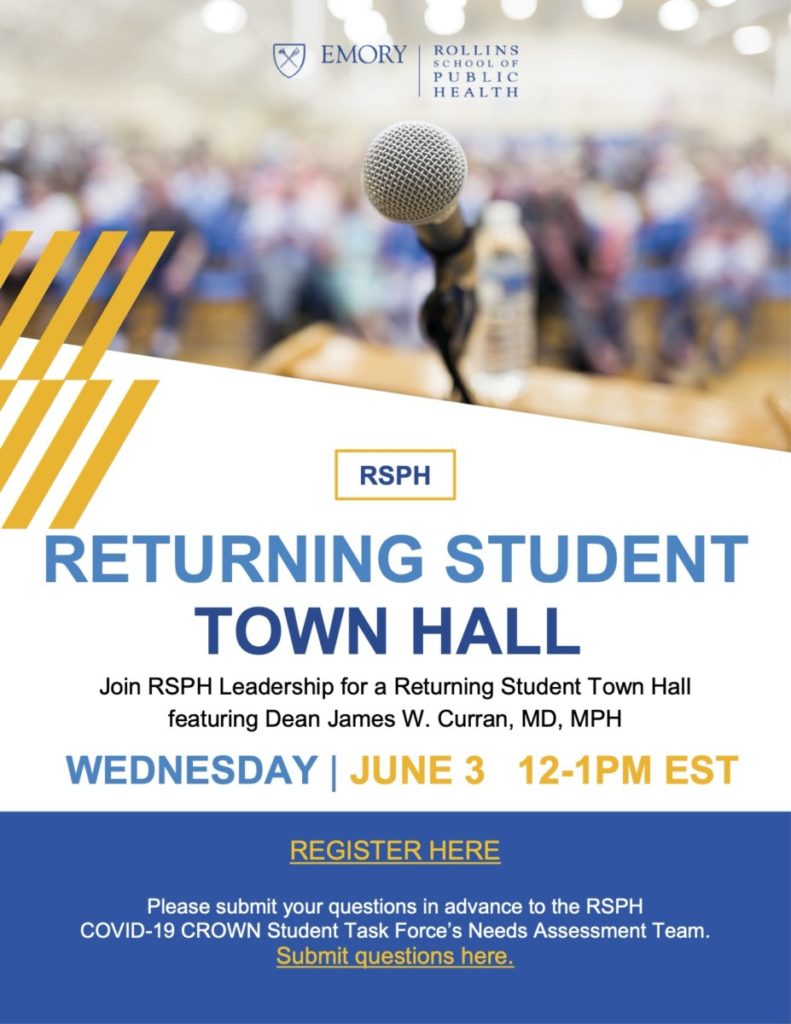


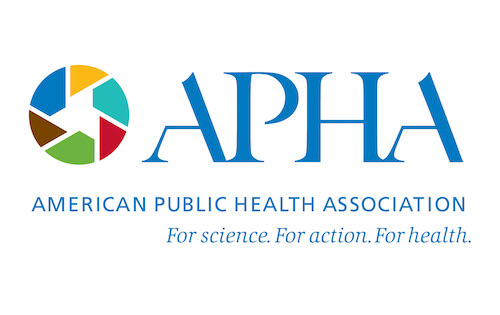
Recent Comments